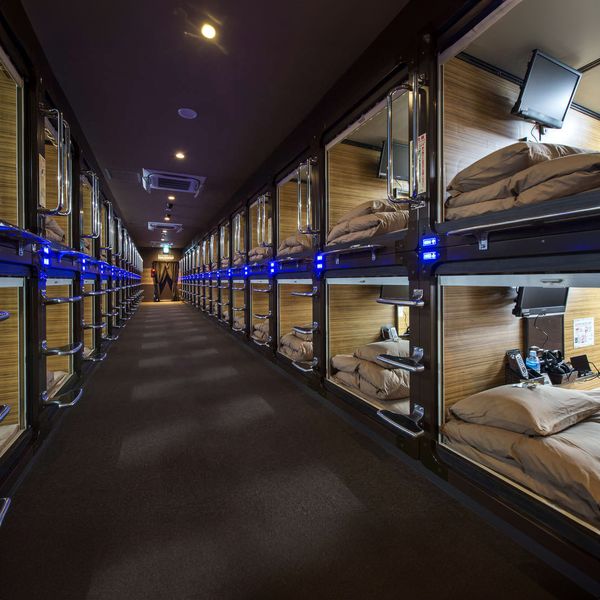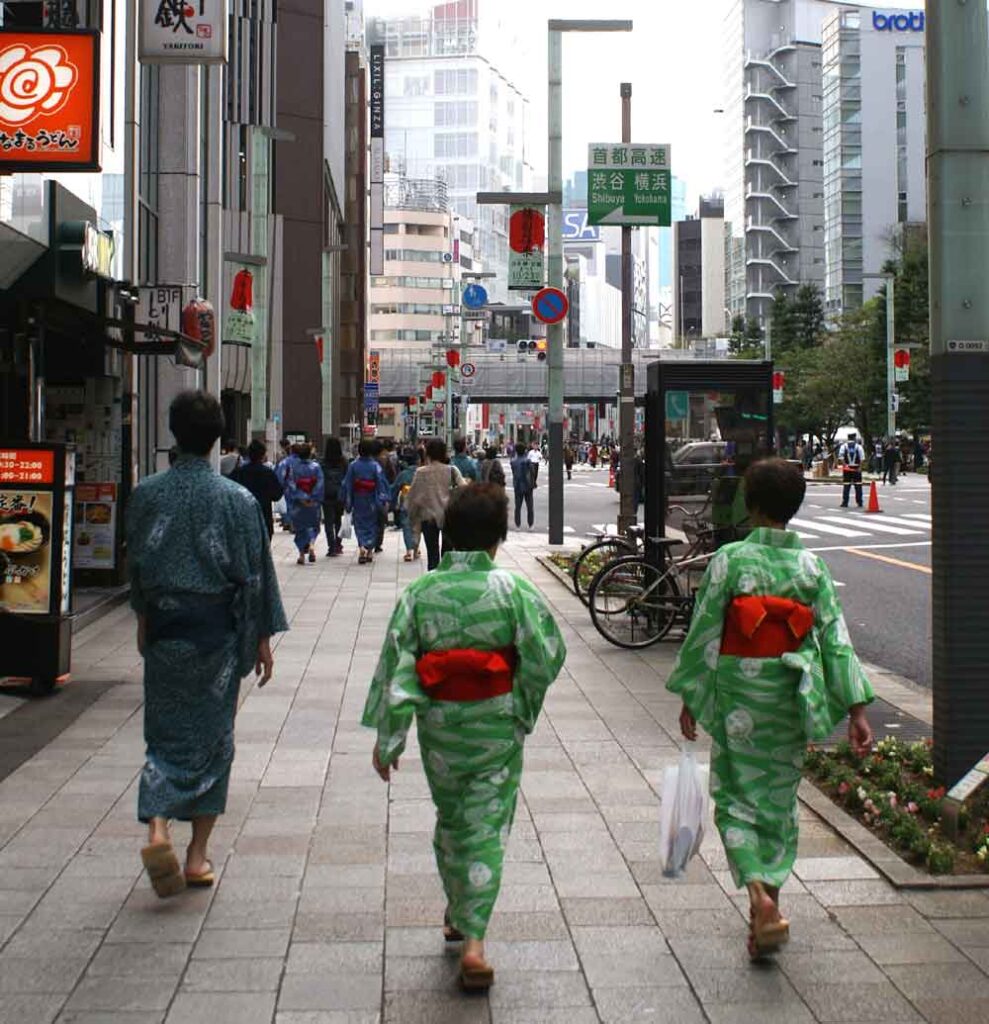Capsule hotels, also known as pod hotels, are an increasingly popular form of accommodation across the world. Designed to offer a compact and economical housing experience, they combine comfort, functionality and innovation. In this article, we will explore this unique concept of accommodation in detail, discussing its origin, how it works, its advantages and disadvantages, and its impact on the hospitality industry.
Origin of Hotel Capsules
Capsule hotels have their roots in Japan in the 1970s, where space available for hotel construction was limited, but demand for affordable housing was high. The first capsule hotel, the “Capsule Inn Osaka,” was opened in 1979 by Kisho Kurokawa, a famous Japanese architect. Since then, the concept has evolved and spread around the world, with capsule hotels now found in many major cities.
How do Hotel Capsules work?
Capsule hotels are designed to optimize the use of space. They consist of a series of small individual rooms, called “capsules,” arranged side by side and on top of each other, to maximize capacity while minimizing floor space. Each pod is a self-contained room, usually offering a bed, lighting, limited storage space, and sometimes a small television or entertainment system.
Capsule hotels are often segregated by gender, with separate wings for men and women, for safety and comfort reasons. Access to the capsules is typically via narrow corridors and stairs, and guests typically have access to communal facilities such as shared bathrooms, breakout areas, cafeterias, and work areas.
The Advantages of Capsule Hotels
- Space Saving: Capsule hotels are extremely spatially efficient, making them ideal for densely populated cities where space is limited and valuable.
- Affordable Prices: Capsule hotel rates are generally much lower than those of traditional hotels, making them an attractive option for budget-conscious travelers.
- Basic comfort: The capsules are equipped with comfortable beds and essential amenities, providing a decent level of comfort for a night’s rest.
- Security and privacy: Most capsule hotels offer high levels of security, with separate areas for men and women, and lockers for storing valuables. Although privacy is limited, capsules are often equipped with curtains or sliding doors for added privacy.
- Convenient location: Many capsule hotels are located in central areas of cities, providing easy access to tourist attractions, public transportation and restaurants.
The Disadvantages of Capsule Hotels
- Lack of privacy: Due to their compact design, capsule hotels offer a limited level of privacy. Shared spaces such as bathrooms and hallways can be cluttered.
- Lack of amenities: Capsules have basic amenities, but they generally lack the amenities found in traditional hotels, such as spacious storage areas, private baths and dining facilities.
- Feeling of confinement: Some people may feel a feeling of confinement in the capsules, particularly if they are claustrophobic.
- Limitation of stay: Due to their small size, capsule hotels are generally suitable for short stays, such as one or two nights.
Impact on the Hospitality Industry
Capsule hotels have added a new and innovative dimension to the hospitality industry. They have been adopted by a wide range of travelers, from backpackers to businessmen and women looking for economical and practical accommodation. Additionally, capsule hotels have inspired many hotel chains to think of creative ways to use available space more efficiently.
The capsule hotels offer a unique accommodation option for budget-conscious travelers looking for a compact and futuristic experience. While they may have some drawbacks in terms of privacy and amenities, their innovative concept has had a significant impact on the hospitality industry, paving the way for new approaches to hotel design and operation. Whether you are an adventurous traveler or simply looking for a different experience, hotel capsules certainly deserve to be explored.



